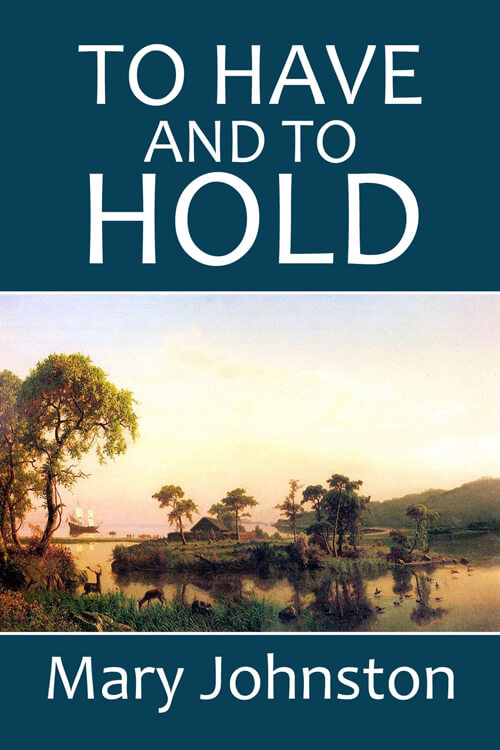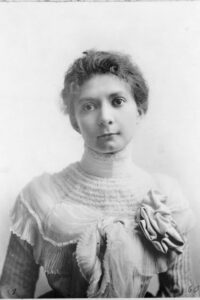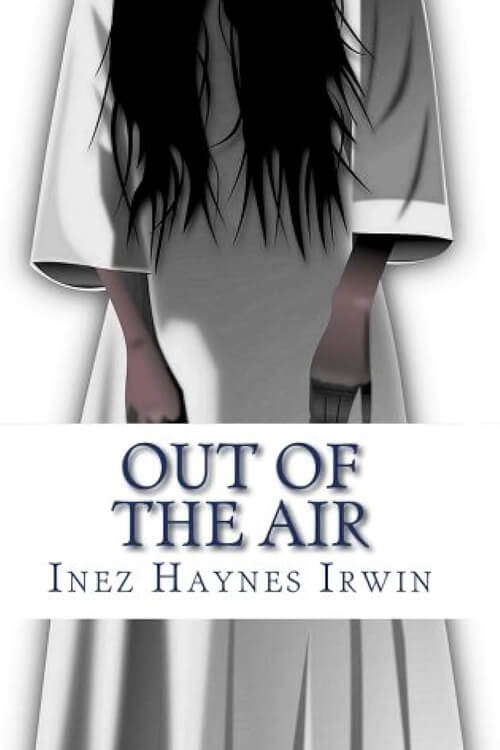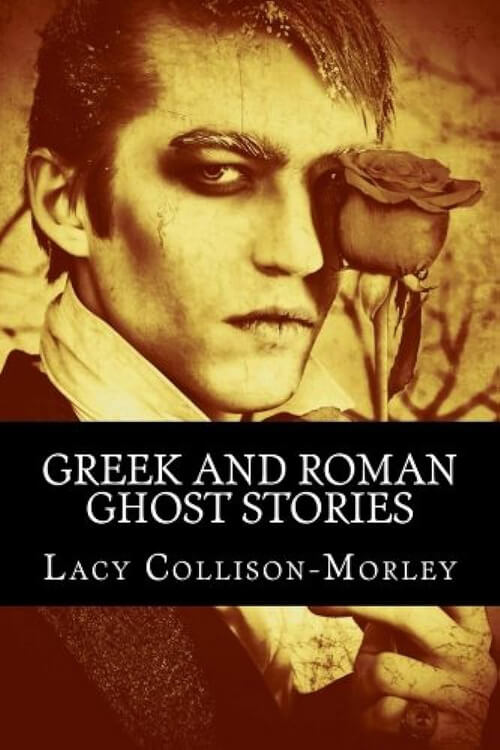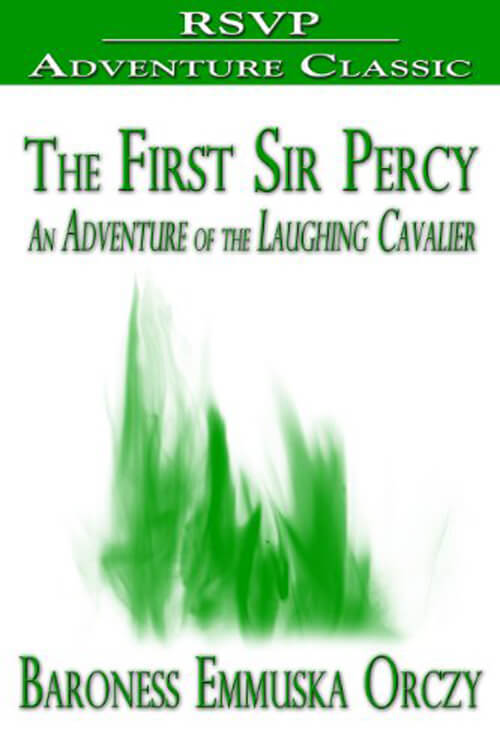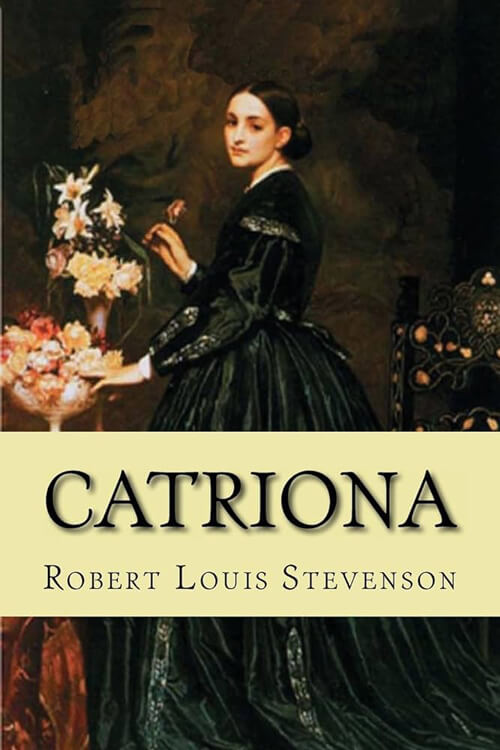
To Have and To Hold, A Story of Virginia in Colonial Days
The work of the day being over, I sat down upon my doorstep, pipe in hand, to rest awhile in the cool of the evening. Death is not more still than is this Virginian land in the hour when the sun has sunk away, and it is black beneath the trees, and the stars brighten slowly and softly, one by one. The birds that sing all day have hushed, and the horned owls, the monster frogs, and that strange and ominous fowl (if fowl it be, and not, as some assert, a spirit damned) which we English call the whippoorwill, are yet silent. Later the wolf will howl and the panther scream, but now there is no sound. The winds are laid, and the restless leaves droop and are quiet. The low lap of the water among the reeds is like the breathing of one who sleeps in his watch beside the dead.
I marked the light die from the broad bosom of the river, leaving it a dead man’s hue. A while ago, and for many evenings, it had been crimson,—a river of blood. A week before, a great meteor had shot through the night, blood-red and bearded, drawing a slow-fading fiery trail across the heavens, and the moon had risen that same night blood-red, and upon its disk, there was drawn in shadow a thing most marvelously like a scalping knife. Wherefore, the following day being Sunday, good Mr. Stockham, our minister at Weyanoke, exhorted us to be on our guard, and in his prayer besought that no sedition or rebellion might raise its head amongst the Indian subjects of the Lord’s anointed. Afterward, in the churchyard, between the services, the more timorous began to tell of diverse portents that they had observed and to recount old tales of how the savages distressed us in the Starving Time. The bolder spirits laughed them to scorn, but the women began to weep and cower, and I, though I laughed too, thought of Smith, and how he ever held the savages, and more especially that Opechancanough who was now their emperor, in the deepest distrust; telling us that the red men watched while we slept, that they might teach wiliness to a Jesuit, and how to bide its time to a cat crouched before a mousehole. I thought of the terms we now kept with these heathen; of how they came and went familiarly amongst us, spying out our weakness, and losing the salutary awe which that noblest captain had struck into their souls; of how many were employed as hunters to bring down deer for lazy masters; of how breaking the law, and that not secretly, we gave them knives and arms, a soldier’s bread, in exchange for pelts and pearls; of how their emperor was forever sending us smooth messages; of how their lips smiled and their eyes frowned. That afternoon, as I rode home through the lengthening shadows, a hunter, red-brown and naked, rose from behind a fallen tree that sprawled across my path and made the offer to bring me my meat from the moon of corn to the moon of stags in exchange for a gun. There was scant love between the savages and myself,—it was answer enough when I told him my name. I left the dark figure standing, still as a carved stone, in the heavy shadow of the trees, and, spurring my horse (sent me from home, the year before, by my cousin Percy), was soon at my house,—a poor and rude one, but pleasantly set upon a slope of green turf, and girt with maize and the broad leaves of the tobacco. When I had had my supper, I called from their hut the two Paspahegh lads bought by me from their tribe the Michaelmas before, and soundly flogged them both, having in my mind a saying of my ancient captain’s, namely, “He who strikes first oft-times strikes last.”
Read or download Book
Mary Johnston
Mary Johnston (November 21, 1870 – May 9, 1936) was an American novelist and women’s rights advocate from Virginia. She was one of America’s best-selling authors during her writing career and had three silent films adapted from her novels. Johnston was also an active member of the Equal Suffrage League of Virginia, using her writing skills and notability to draw attention to the cause of women’s suffrage in Virginia.
Early life
Mary Johnston was born in the small town of Buchanan, Virginia, the eldest child of John William Johnston, an American Civil War veteran, and Elizabeth Dixon Alexander Johnston. Due to frequent illness, she was educated at home by family and tutors. She grew up with a love of books and was financially independent enough to devote herself to writing.
When Johnston was 16, her father’s work with the Georgia Pacific Railroad caused the family to move to Birmingham, Alabama. Shortly after the move, Johnston began attending the Atlanta Female Institute and College of Music in Atlanta, Georgia. She attended the school for three months; this was the only formal education Johnston would receive.
After her mother died in 1889, Johnston acted as her father’s companion and as a surrogate mother for her five younger siblings.
Johnston’s family moved to New York in 1892. They returned to Birmingham in 1896 and then moved to Richmond, Virginia in 1902.
Career
Johnston wrote historical books and novels that often combined romance with history. Her first book, Prisoners of Hope (1898), dealt with colonial times in Virginia as did her second novel, To Have and to Hold (1900), and later, Sir Mortimer (1904). The Goddess of Reason (1907) uses the theme of the French Revolution, and in Lewis Rand (1908) the author portrayed political life at the dawn of the 19th century.
To Have and to Hold was serialized in The Atlantic Monthly in 1899 and published in book form 1900, by Houghton Mifflin. The book proved enormously popular and was the bestselling novel in the United States in 1900. Johnston’s next work, titled Audrey, was the fifth bestselling book in the U.S. in 1902, and Sir Mortimer, serialized in Harper’s Monthly magazine from November 1903 through April 1904, was published in 1904. Her best-selling 1911 novel on the American Civil War, The Long Roll, brought Johnston into open conflict with Stonewall Jackson’s widow, Mary Anna Jackson. Beyond her native America, Johnston’s novels were also very popular in Canada and England.
During her long career, Johnston wrote, in addition to 23 novels, numerous short stories, two long narrative poems, and one play.
Her book titled Hagar (1913), considered to be one of the first feminist novels as well as somewhat autobiographical, captures the early days of women’s rights. Johnston’s deep focus on female suffrage in the United States is documented by her letters and correspondence with women working for the right to vote. But Hagar created a controversy among men and tradition-minded women, who were upset by the book’s progressive ideas. Many refused to purchase it and subsequent Johnston novels.
During her life, Johnston was close friends with Gone with the Wind author Margaret Mitchell, who once commented: “I hesitate to write about the South after having read Mary Johnston.”

